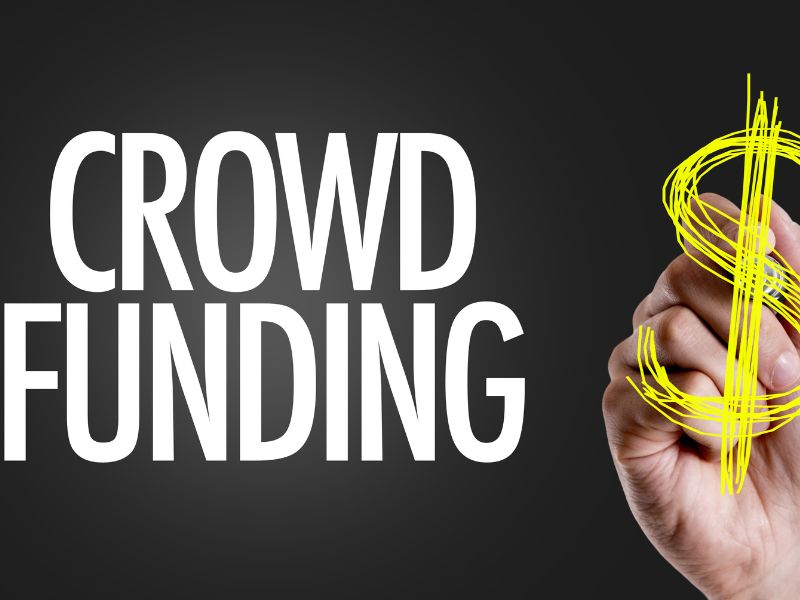 With both CPI and PPI reports well within expectations, there is a favorable reception across the broader market spectrum that these reports are a strong sign that the Federal Reverse will begin rate cuts in 2024. A soft landing for the economy is the primary goal of the Federal Reserve, and it would seem their measures have had the intended impact with the Jobless claims seeing a recent new low and many of the primary economic signals pointing to a stable 2024.
With both CPI and PPI reports well within expectations, there is a favorable reception across the broader market spectrum that these reports are a strong sign that the Federal Reverse will begin rate cuts in 2024. A soft landing for the economy is the primary goal of the Federal Reserve, and it would seem their measures have had the intended impact with the Jobless claims seeing a recent new low and many of the primary economic signals pointing to a stable 2024.
Consumer Price Index
The numbers: The cost of living rose a scant 0.1% in November thanks to lower oil prices, but another key measure of inflation showed higher costs of other goods and services such as rent and used cars. After being unchanged in October, the U.S. Bureau of Labor Statistics reported today that over the last 12 months, the all items index increased 3.1 percent before seasonal adjustment, which were all falling within expectations.
Producer Price Index
The numbers: U.S. wholesale prices were unchanged in November in another sign of gradually easing inflation. Cheaper gasoline gave a big assist to the benign inflation report, but prices in most major categories were also muted. Economists polled by the Wall Street Journal had forecasted a 0.1% increase in the producer price index.
Primary Mortgage Market Survey Index
- 15-Yr FRM rates seeing a week-to-week increase by 0.09% with the current rate at 6.38%
- 30-Yr FRM rates seeing a week-to-week decrease by -0.08% with the current rate at 6.95%
MND Rate Index
- 30-Yr FHA rates seeing a -0.29% decrease for this week. Current rates at 6.14%
- 30-Yr VA rates seeing a -0.30% decrease for this week. Current rates at 6.15%
Jobless Claims
Initial Claims have decreased to 202,000 compared to the expected claims of 221,000. The prior week was 220,000.
What’s Ahead
The data release of the CPI and PPI leave next week with a much less notable schedule, with most of the important releases being the usual Jobless Claims and Personal Income Spending. Following in importance is the Consumer Confidence reports expected to be released on Wednesday.
 Real estate has long been considered a lucrative investment, but for many, the barriers to entry can be daunting. Enter real estate crowdfunding, a game-changing concept that allows investors to pool their resources and collectively invest in property. This innovative approach has democratized real estate investing, making it accessible to a broader audience. In this guide, we’ll explore the ins and outs of real estate crowdfunding and provide you with the tools to navigate this exciting investment avenue.
Real estate has long been considered a lucrative investment, but for many, the barriers to entry can be daunting. Enter real estate crowdfunding, a game-changing concept that allows investors to pool their resources and collectively invest in property. This innovative approach has democratized real estate investing, making it accessible to a broader audience. In this guide, we’ll explore the ins and outs of real estate crowdfunding and provide you with the tools to navigate this exciting investment avenue. As kitchen appliances go, there are few loved more than the dishwasher. They can be a major time saver – that is if your dishes are coming out clean. Let’s take a quick look at a few steps you can take if your dishwasher is not doing its job.
As kitchen appliances go, there are few loved more than the dishwasher. They can be a major time saver – that is if your dishes are coming out clean. Let’s take a quick look at a few steps you can take if your dishwasher is not doing its job. One might wonder if the continued increase in accessing online information about properties for sale has removed the need for working with a qualified real estate agent or broker. It has not.
One might wonder if the continued increase in accessing online information about properties for sale has removed the need for working with a qualified real estate agent or broker. It has not. Have you ever had a conversation with a total stranger where you said something that you regret? If you are placing your house or condo on the market, you’re eventually going to end up having to chat with potential buyers. Yes, your real estate agent is likely to do most of the talking. However, you will still have to deal with buyers who want to grill you about the home’s history, condition, and more.
Have you ever had a conversation with a total stranger where you said something that you regret? If you are placing your house or condo on the market, you’re eventually going to end up having to chat with potential buyers. Yes, your real estate agent is likely to do most of the talking. However, you will still have to deal with buyers who want to grill you about the home’s history, condition, and more. This will be another light week before the next large releases of the CPI and PPI data. The overall unemployment numbers have been trending lower which will likely leave the Federal Reserve board in a state of suspension. They have made many assertive statements they do not intend to cut rates soon, but the signs of a soft landing for the economy are numerous, leading to much speculation about impending rate cuts. As a general indicator, lending partners have seen a near 6 week-to-week decline in lending rates. The largest data releases this week are the U.S. Unemployment Reports and Non-Farm Payroll data releases.
This will be another light week before the next large releases of the CPI and PPI data. The overall unemployment numbers have been trending lower which will likely leave the Federal Reserve board in a state of suspension. They have made many assertive statements they do not intend to cut rates soon, but the signs of a soft landing for the economy are numerous, leading to much speculation about impending rate cuts. As a general indicator, lending partners have seen a near 6 week-to-week decline in lending rates. The largest data releases this week are the U.S. Unemployment Reports and Non-Farm Payroll data releases. If you’ve just moved into your new home and you have a pet, you may be thinking of installing a pet door. A pet door is a permanent door feature that is cut into the bottom third of an entry door. Before making a permanent alteration to your door, consider the pros and cons of installing a pet door.
If you’ve just moved into your new home and you have a pet, you may be thinking of installing a pet door. A pet door is a permanent door feature that is cut into the bottom third of an entry door. Before making a permanent alteration to your door, consider the pros and cons of installing a pet door.  If you have purchased a new home and are going to move in soon, what are the first few things that you will need to do upon moving into your new home?
If you have purchased a new home and are going to move in soon, what are the first few things that you will need to do upon moving into your new home? New homes can be scary. But when you take the time to think about it and plan ahead, maintaining a home is easier than you think a manageable mix of experience and common sense. Here are five skills that will help maintain your new home for years to come.
New homes can be scary. But when you take the time to think about it and plan ahead, maintaining a home is easier than you think a manageable mix of experience and common sense. Here are five skills that will help maintain your new home for years to come. Are you starting to get the renovation itch? With spring on the way, you might be tempted to launch those home improvement projects that you contemplated over the winter. However, as with any project, you will want to get things right. Let’s take a look at four renovation shortcuts that can lead to disaster and the steps you can take to avoid them.
Are you starting to get the renovation itch? With spring on the way, you might be tempted to launch those home improvement projects that you contemplated over the winter. However, as with any project, you will want to get things right. Let’s take a look at four renovation shortcuts that can lead to disaster and the steps you can take to avoid them.